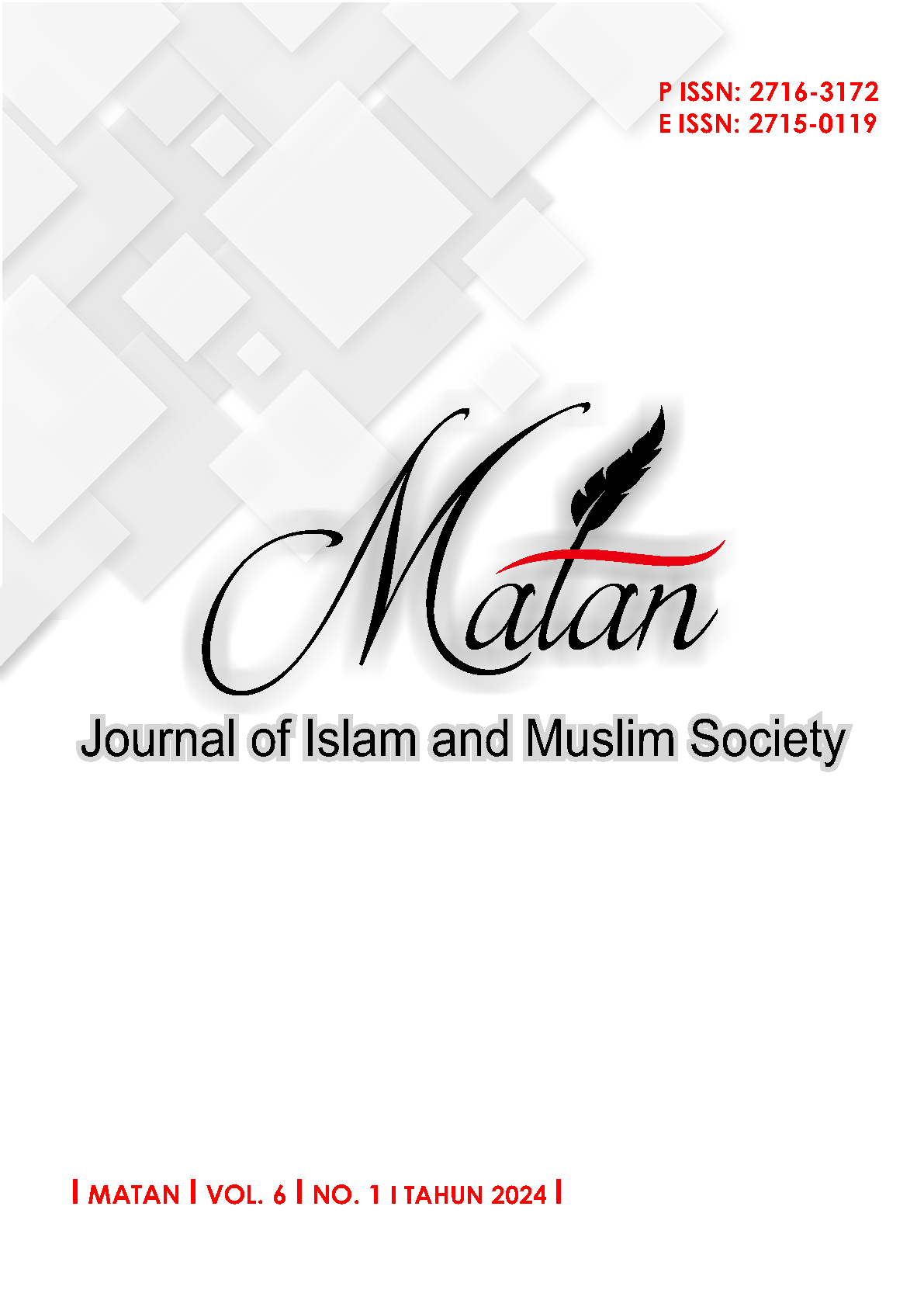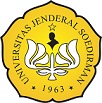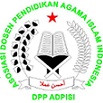Philosophical Paradigm, Prophetic Paradigm, Islamic Worldwide View on Economics: Concept and Practice for Management
Abstract
The prophetic paradigm is a philosophical approach that explores the role of prophets and their messages in religious doctrine. This research aims to outline the various philosophical paradigms and their applications in management. In addition, the Islamic view of economics is also explained through three chronological periods, namely the Meccan period, the Medina period, and the Islamic knowledge structure period. After understanding these aspects, this research focuses on explaining the prophetic paradigm. This research is a literature research with a qualitative approach. The data was analysed using Miles and Huberman's qualitative data analysis method. The results showed that although the values drawn from this paradigm may vary among religions and traditions, there are often some common values, such as justice, compassion, and wisdom. Some of the implications of this paradigm for management practices can assist managers in implementing Islamic values in their businesses. Islamic values impact management practices through the influence of institutional and individual factors, which in turn contribute to the adoption of ethical behaviour and improved performance within the organisation.
References
al-Ma’mun, H. ‘Prophetic Philosophy Muhammad Saw dalam Al-Qur'an’, Al-Fanar: Jurnal Ilmu Al-Qur'an dan Tafsir, 5.1 (2022), 71-83.
Anjum, M. I. ‘An Islamic critique of rival economic systems' theories of interest’, International Journal of Ethics and Systems, 38.4 (2022), 598-620.
Basri, H., Mansur, M., Sukardi, A., Abd Latif, F., & Arifin, Z. ‘Islamic Perspective on Management’ in KnE Social Sciences, 2022, 379-394.
Buhayova, I. ‘Philosophical Pedagogical Paradigm Dictionary Work as a Means Of Activation Cognitive Activity of Students in Literature Lessons’, Educational Dimension, 15 (2006), 440-451.
Campbell, M. ‘Post-modernism and educational research’, Open Journal of Social Sciences, 6.7 (2018), 67-73.
Dimyati, K., Absori, A., Wardiono, K., & Hamdani, F. ‘Morality and law: Critics of HLA Hart's moral paradigm epistemology are based on the prophetic paradigm’, Jurnal Dinamika Hukum, 17.1 (2017), 23-30.
Dimyati, K., Absori, A., Wardiono, K., & Hamdani, F. (2017). Morality and law: Critics of HLA Hart's moral paradigm epistemology are based on the prophetic paradigm. Jurnal Dinamika Hukum, 17(1), 23-30.
Flew, A. Thinking about social thinking: The philosophy of the social sciences. 1985.
Furqani, H. ‘What is Islamic economics? The view of Muhammad Baqir al-Sadr’, Jurnal Ekonomi & Keuangan Islam, (2019), 63-71.
Gilani, S. M. Y., & Islam, T. ‘Conceptual Basics for Unity in Multi Ethnic Diversity: The Qur'anic & Prophetic Paradigm’, QURANICA-International Journal of Quranic Research, 3.2 (2012), 33-44.
Hidayatullah, R. A., Mas’ud, F., Kusuma, A. R., & Hakim, U. ‘Build Islamic Human Resource Development (I-HRD) in University Based on Islamic Worldview’, International Journal of Asian Business and Management, 2.1 (2023), 59-70.
Huringiin, N. ‘Islamic Worldview as The Basic of Islamic Society toward Society 5.0’, Al Qalam, 38.2 (2021), 235-250.
Husaini, A. Filsafat Ilmu: Perspektif Barat & Islam. Gema Insani, 2020.
Ibrahim Hamada, B. ‘Islamic Worldview As A Model For De-Westernising Journalism Studies And Profession’, Javnost-The Public, 29.4 (2022), 354-370.
Junjie, M., & Yingxin, M. ‘The Discussions of Positivism and Interpretivism’, Online Submission, 4.1 (2022), 10-14.
Kuhn, T. S. ‘The structure of scientifi revolutions’, The Un of Chicago Press, 2, 1962, 90.
Li, Y., Oommen, B. J., Ngom, A., & Rueda, L. ‘A new paradigm for pattern classification: nearest border techniques’, in AI 2013: Advances in Artificial Intelligence: 26th Australasian Joint Conference, Dunedin, New Zealand, December 1-6, 2013. Proceedings 26, 2013, 441-446. Springer International Publishing.
Means, W. T., & Mowatt, R. A. ‘Philosophy of science and leisure research: an exploratory analysis of research paradigms’, Leisure/Loisir (2023), 1-25.
Prasetya, A. E. ‘Konsep paradigma ekonomi Islam: kultur femonena paralel yang bermula dari sentimen agama menuju mode religius baru dalam skala global’, Fadzat: Jurnal Ekonomi Syariah, 3.1 (2022)
Safitri, A., & Sh, H. ‘Prinsip-Prinsip Islam Tentang Manajemen dan Praktik Pendidikan di Lembaga Pendidikan Islam’, Skills: Jurnal Riset dan Studi Manajemen Pendidikan Islam (2022), 144-155.
Saputra, R. ‘Forming a Paradigm of Prophetic Law from the Perspective of Arkanul Bai'ah’, Journal of Transcendental Law, 3.1 (2021), 63-81.
Sayem, M. A., Aprianto, N. E. K., & Dahlan, A. ‘Perspectives on the Islamic Welfare State: The Goals of Economic Development Justice’, el-Jizya: Jurnal Ekonomi Islam, 11.1 (2023), 103-120.
Shah-Kazemi, R. The spirit of tolerance in Islam. 2012, 1-176.
Shorkend, D. Beyond modernism and post-modernism: A new philosophy for a new world. 2022.
Sulaiman, M., Sabian, N. A. A., & Othman, A. K. ‘The understanding of Islamic management practices among Muslim managers in Malaysia’, Asian Social Science, 10.1 (2014), 189.
Turyahikayo, E. ‘The understanding of Islamic management practices among Muslim managers in Malaysia’, Asian Social Science, 10.1 (2014), 189.
Yasin, H., Puspita, S., Nadia, T., & Izza, N. ‘Islamic Worldview’, Tahdzib Al-Akhlaq: Jurnal Pendidikan Islam, 5.1 (2022), 125-134.
Zaki, A. ‘Manajemen Pengembangan Pendidikan Islam Perspektif Al-Qur’an’, Pionir: Jurnal Pendidikan, 10.3 (2022).







